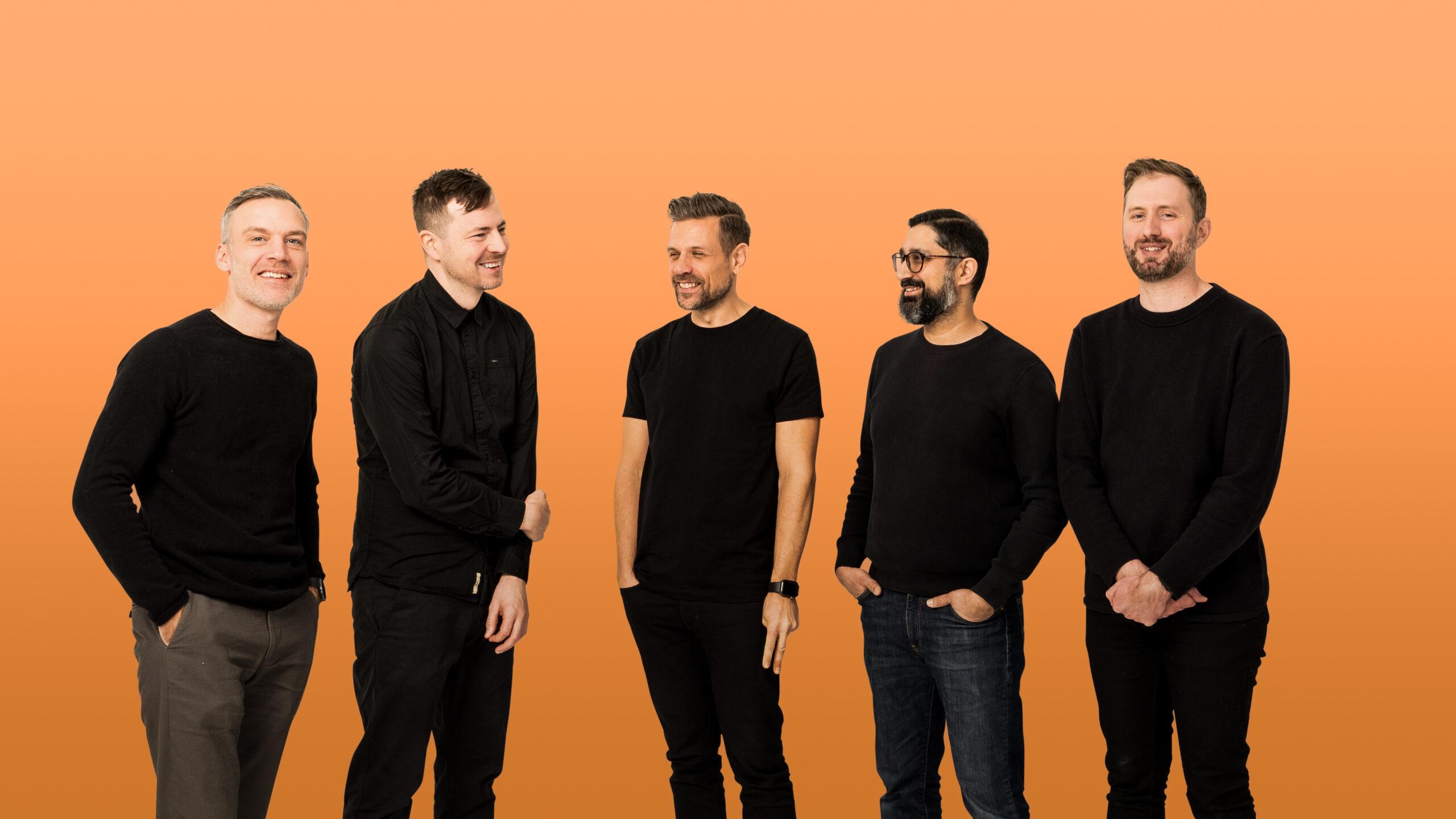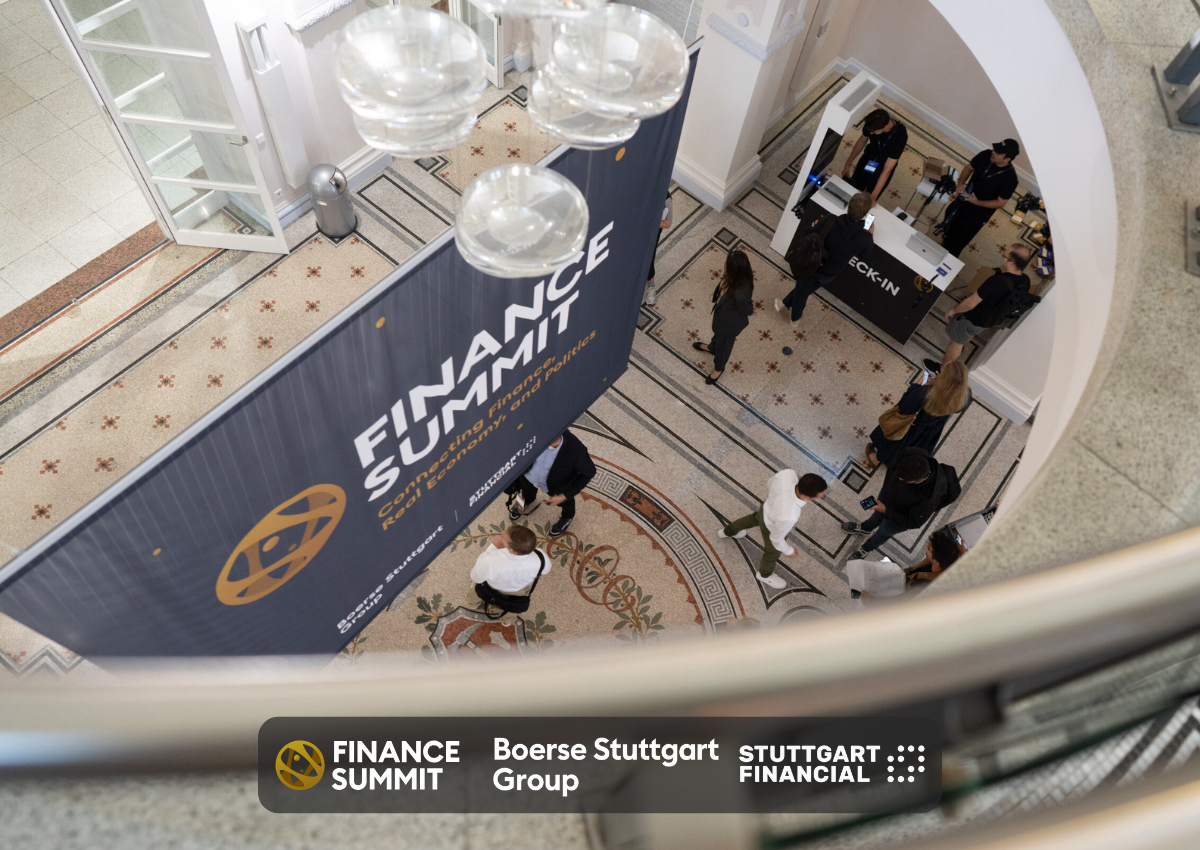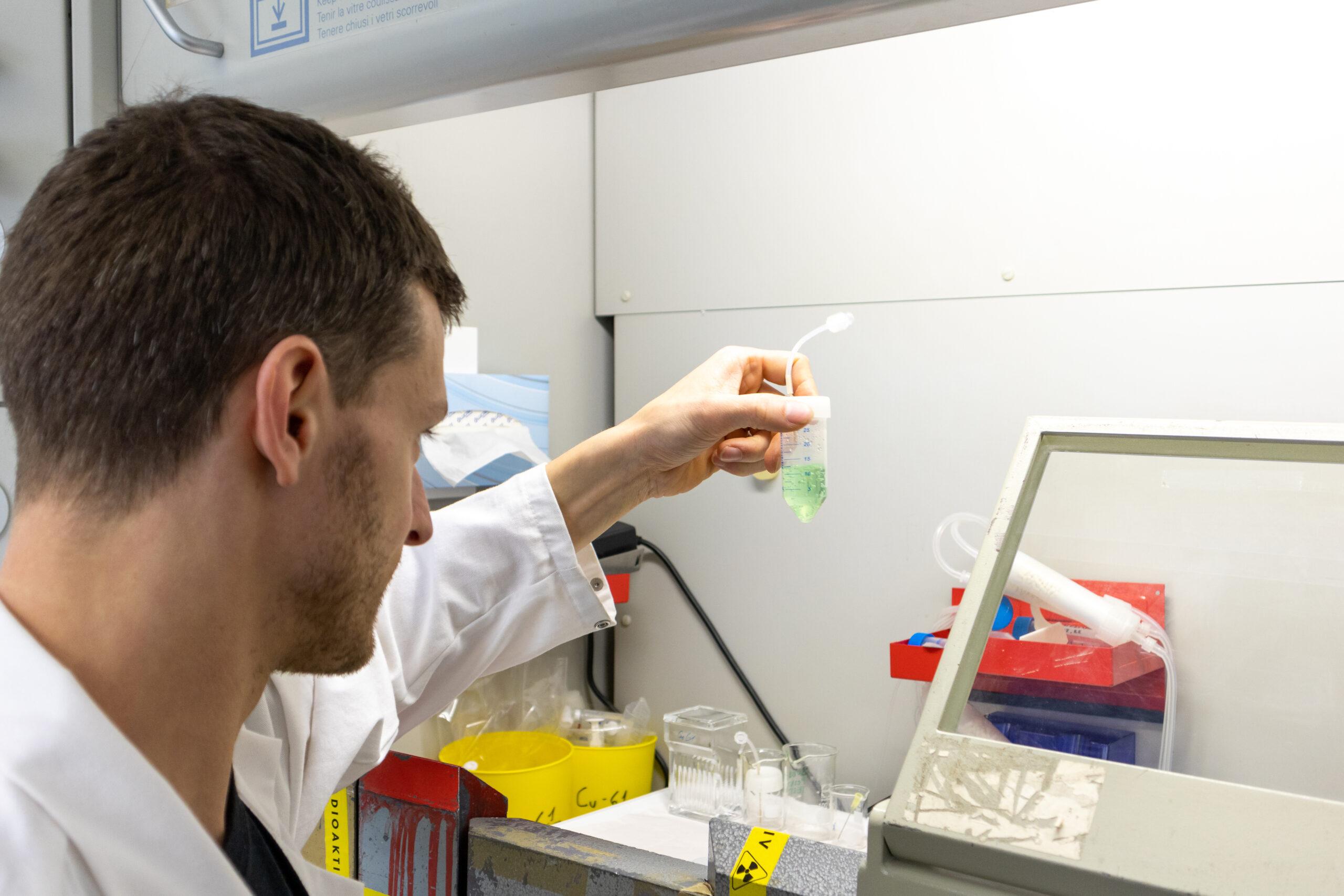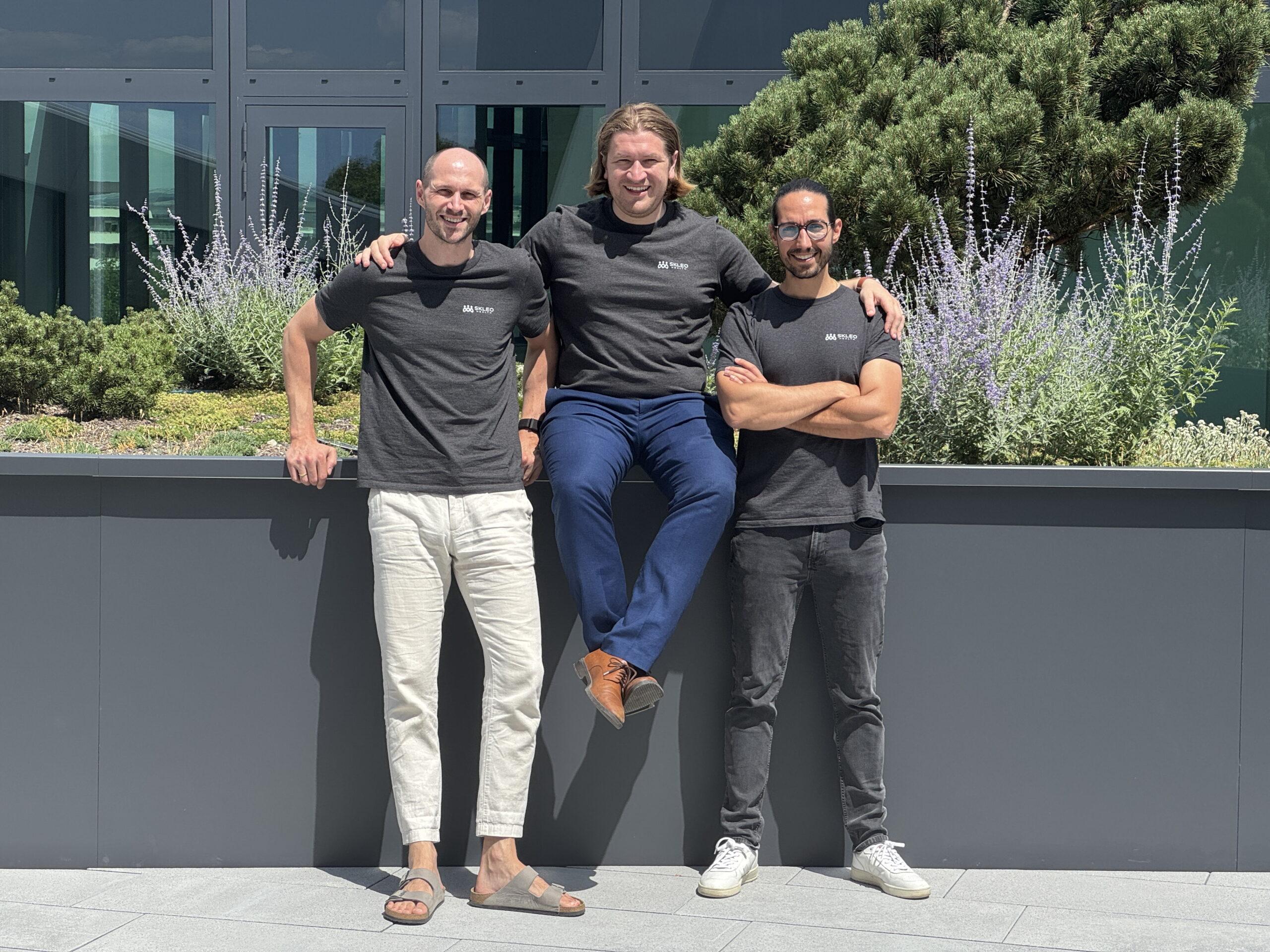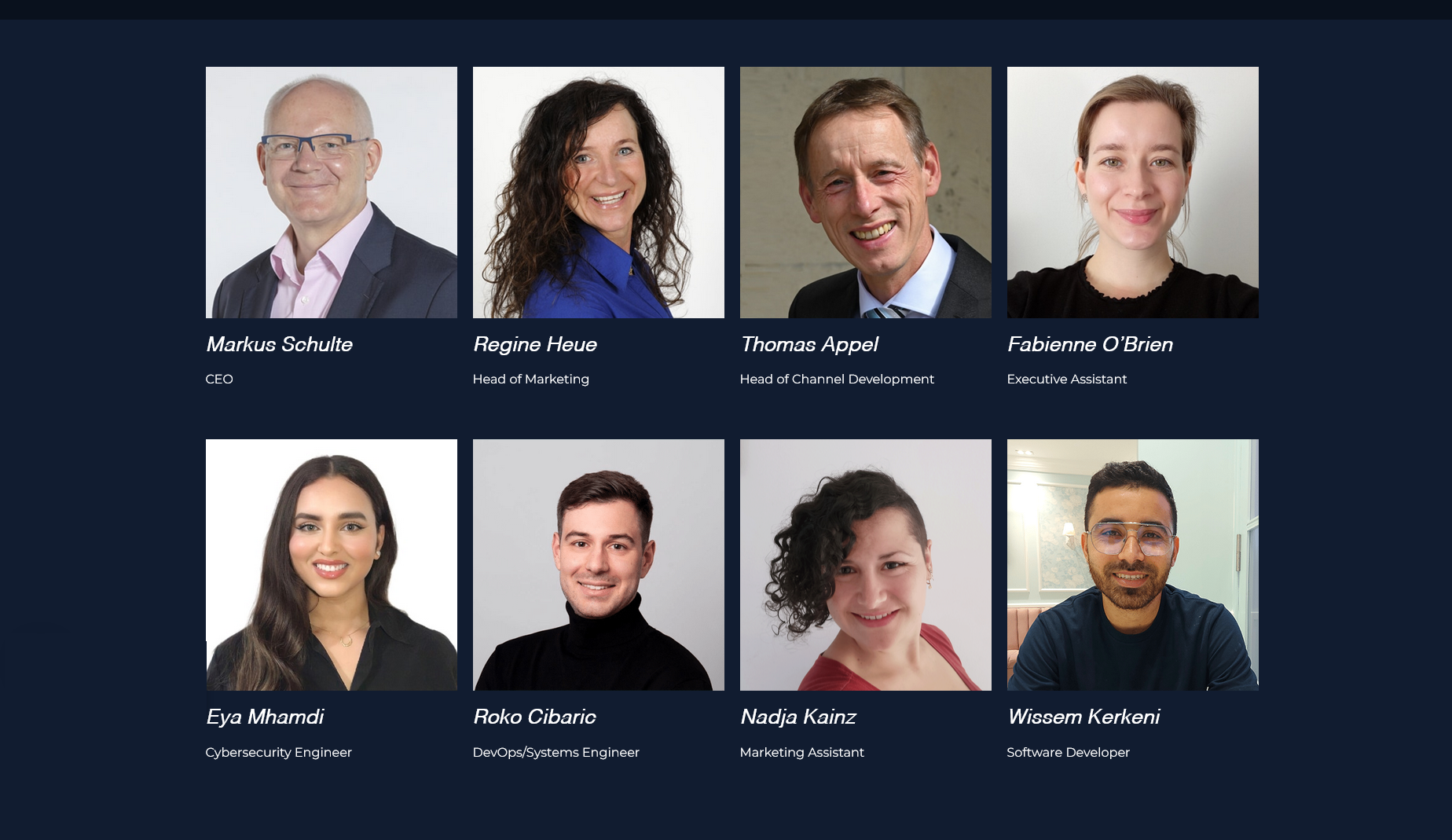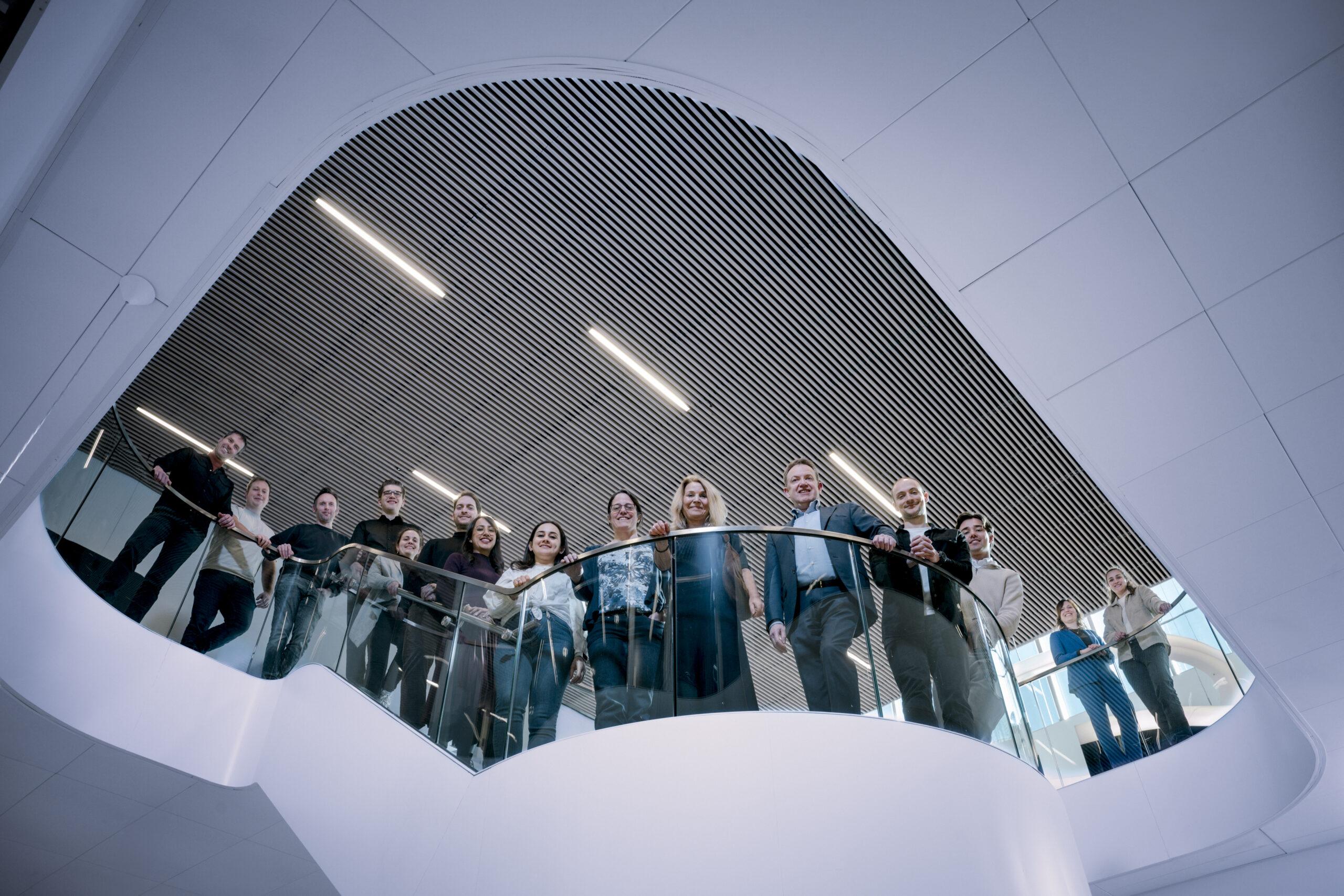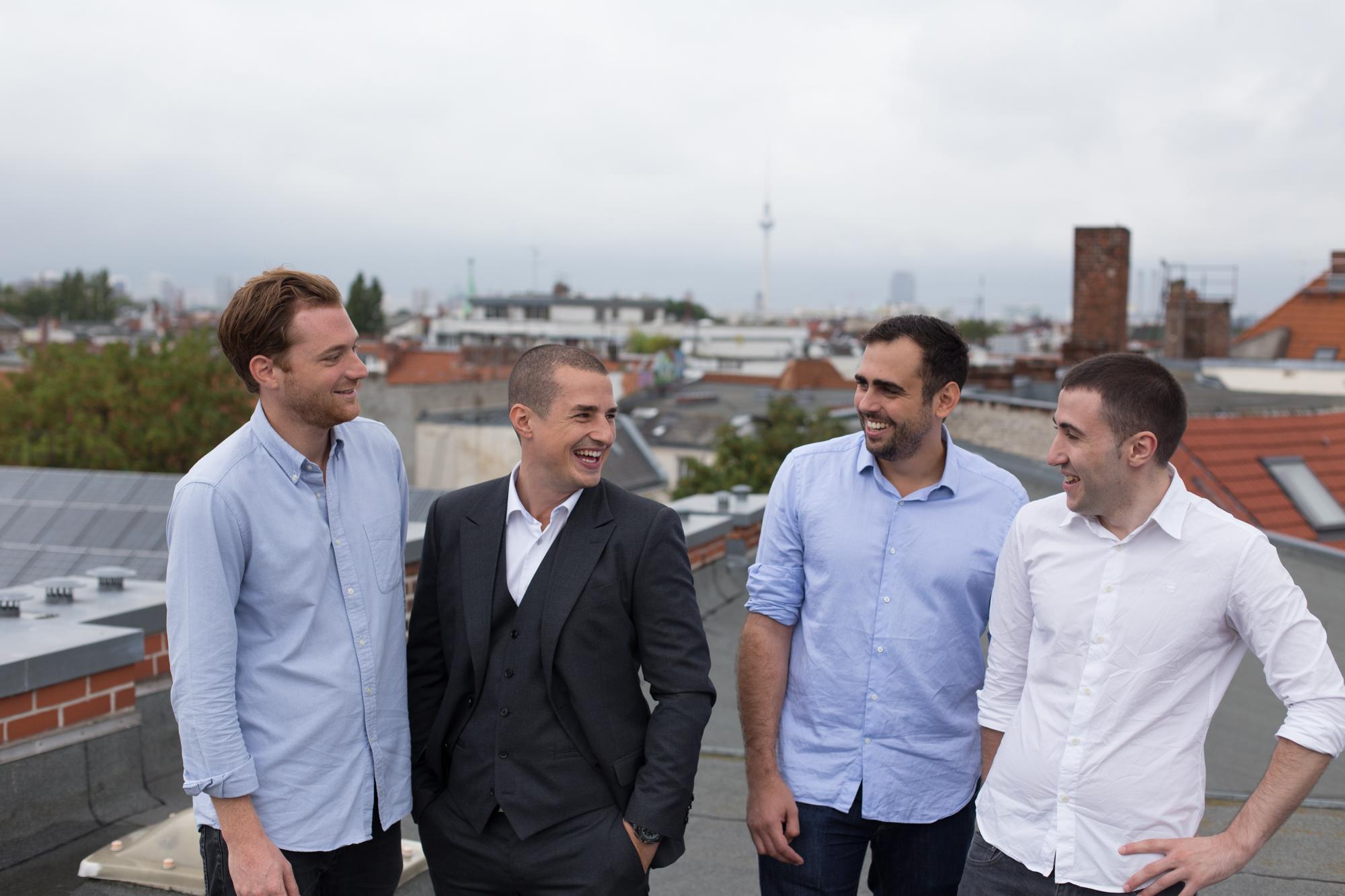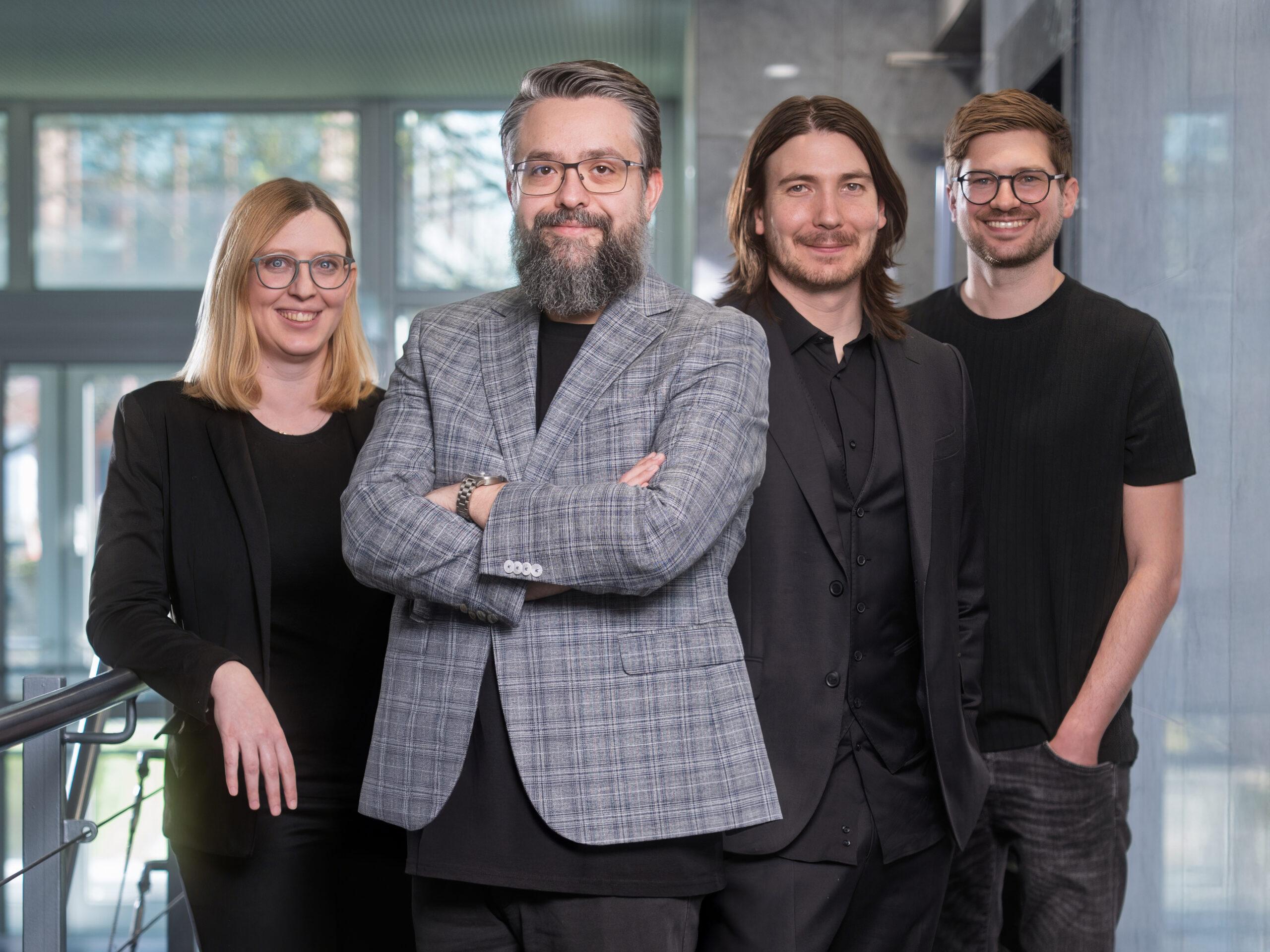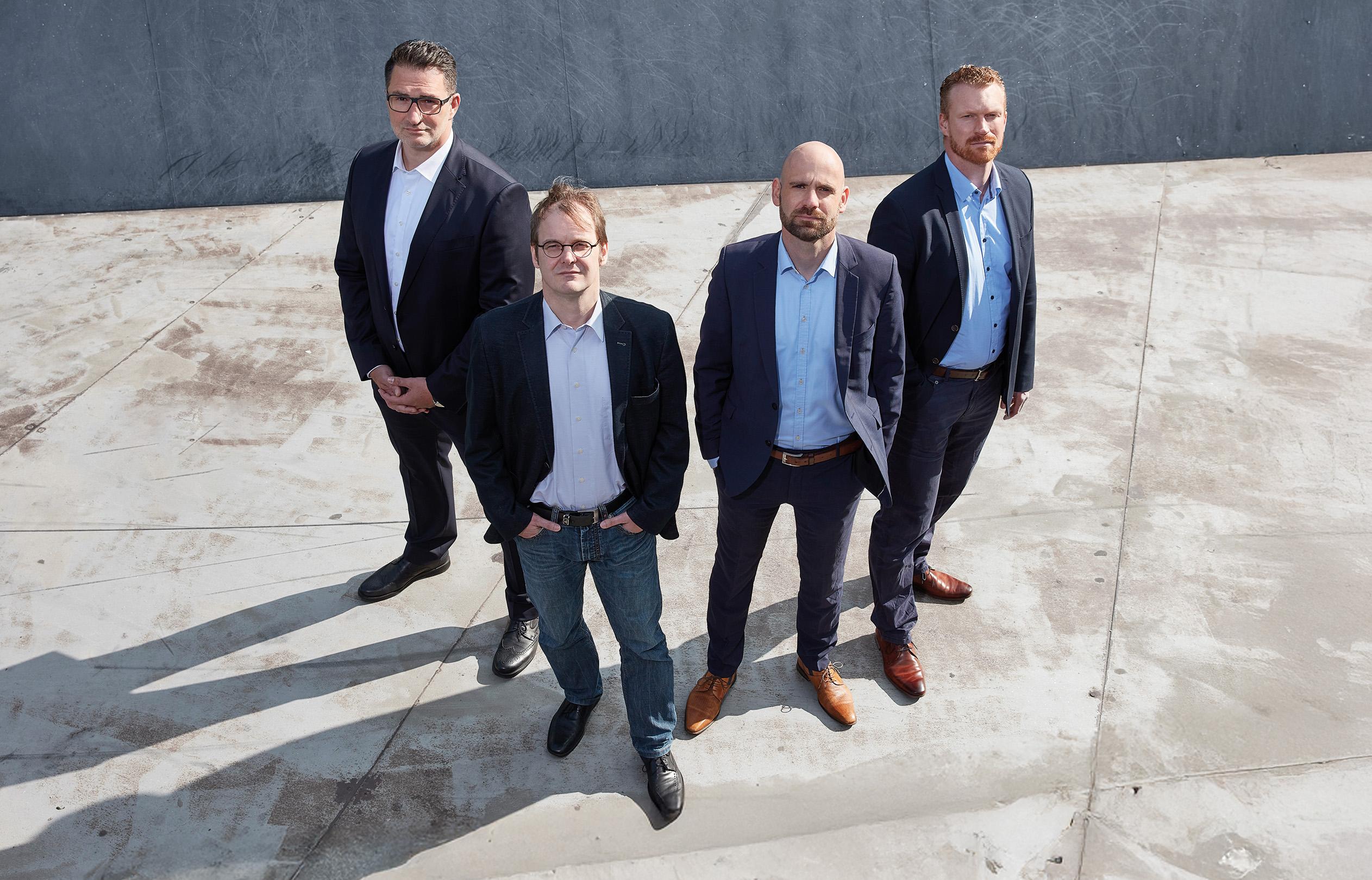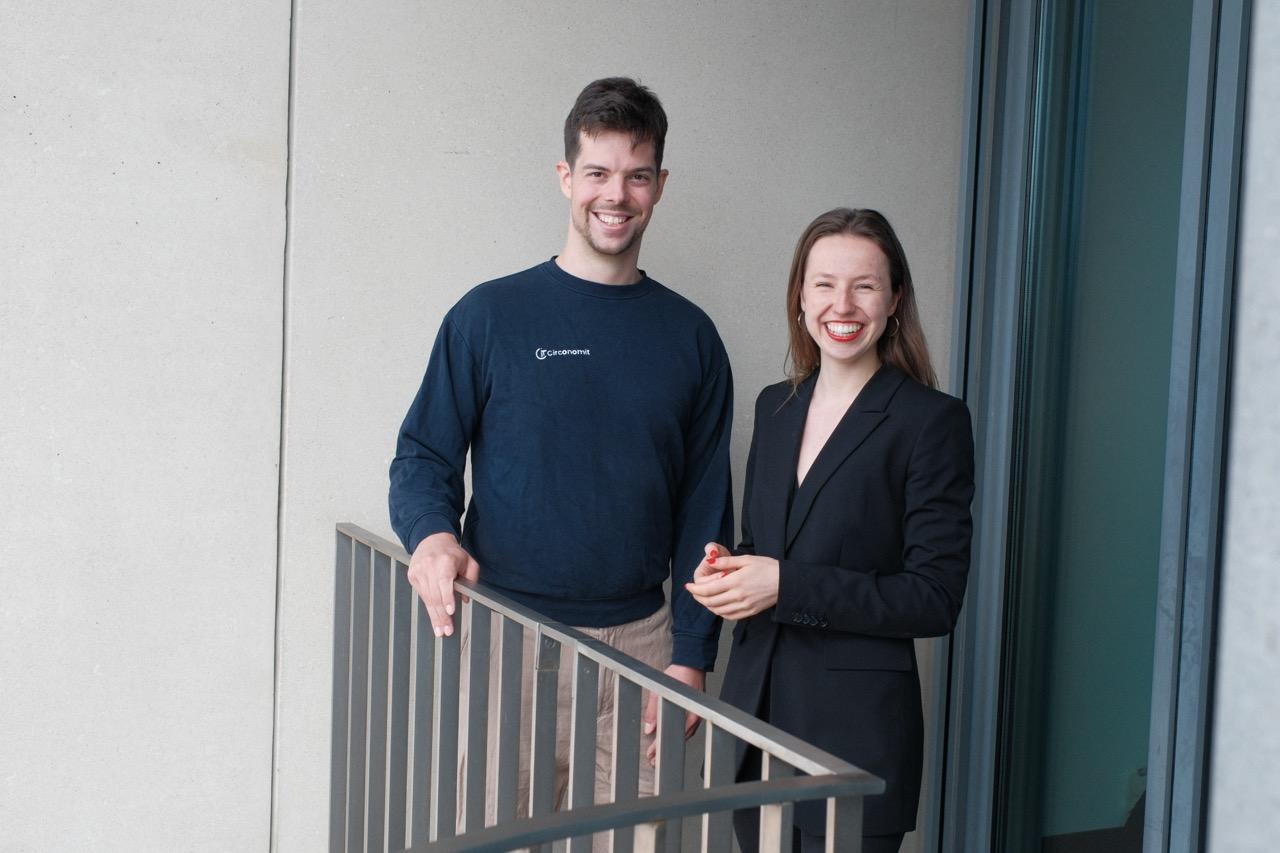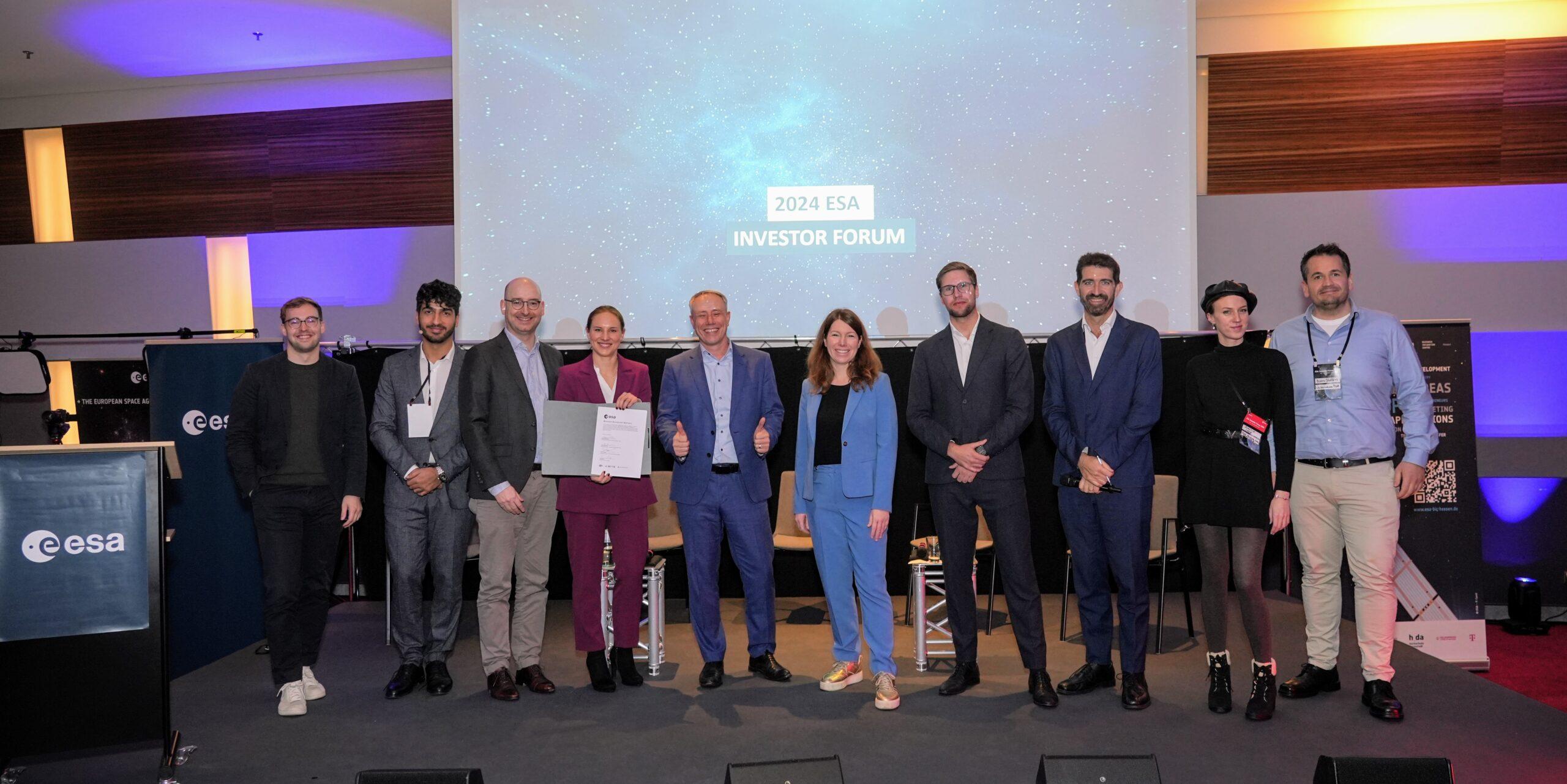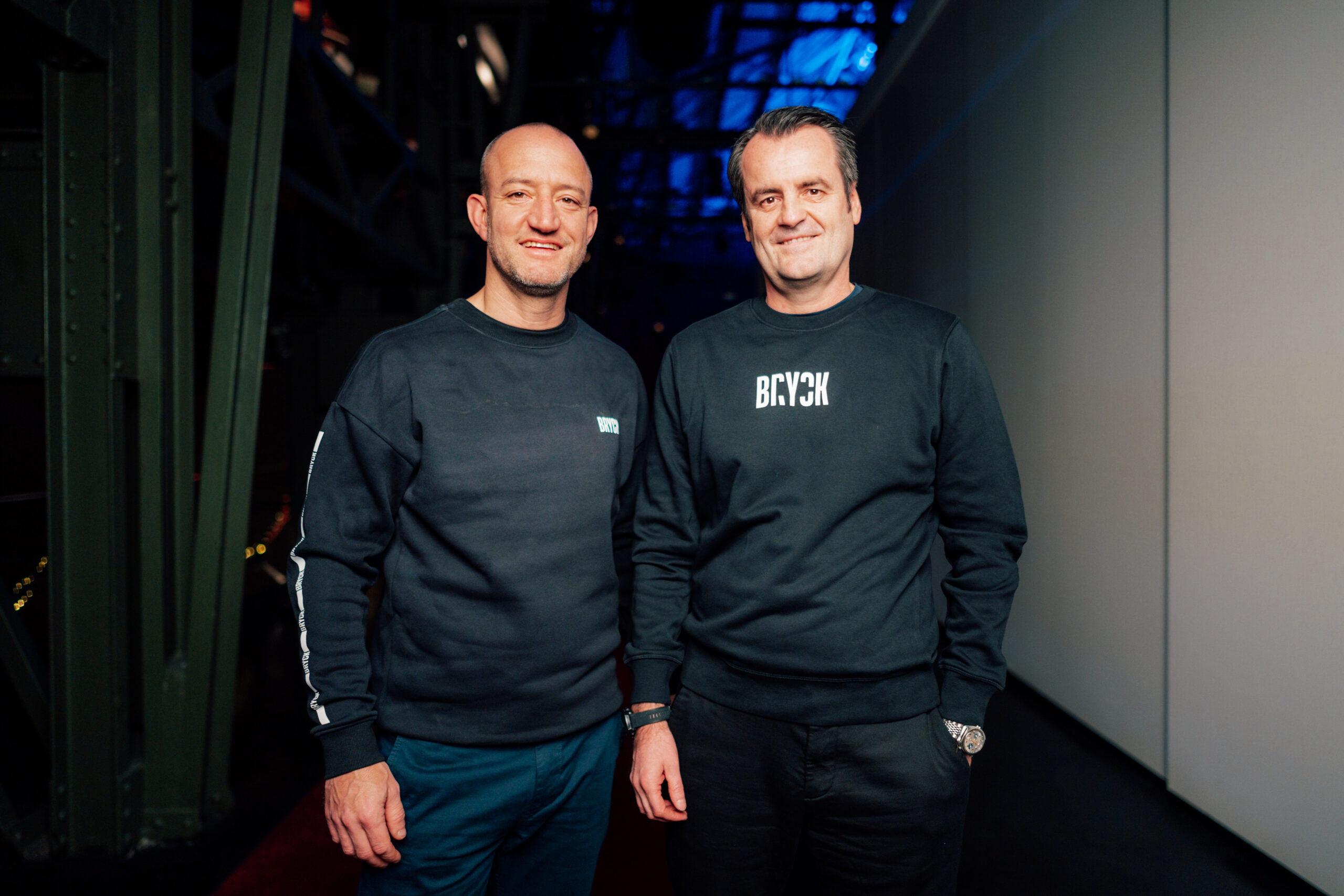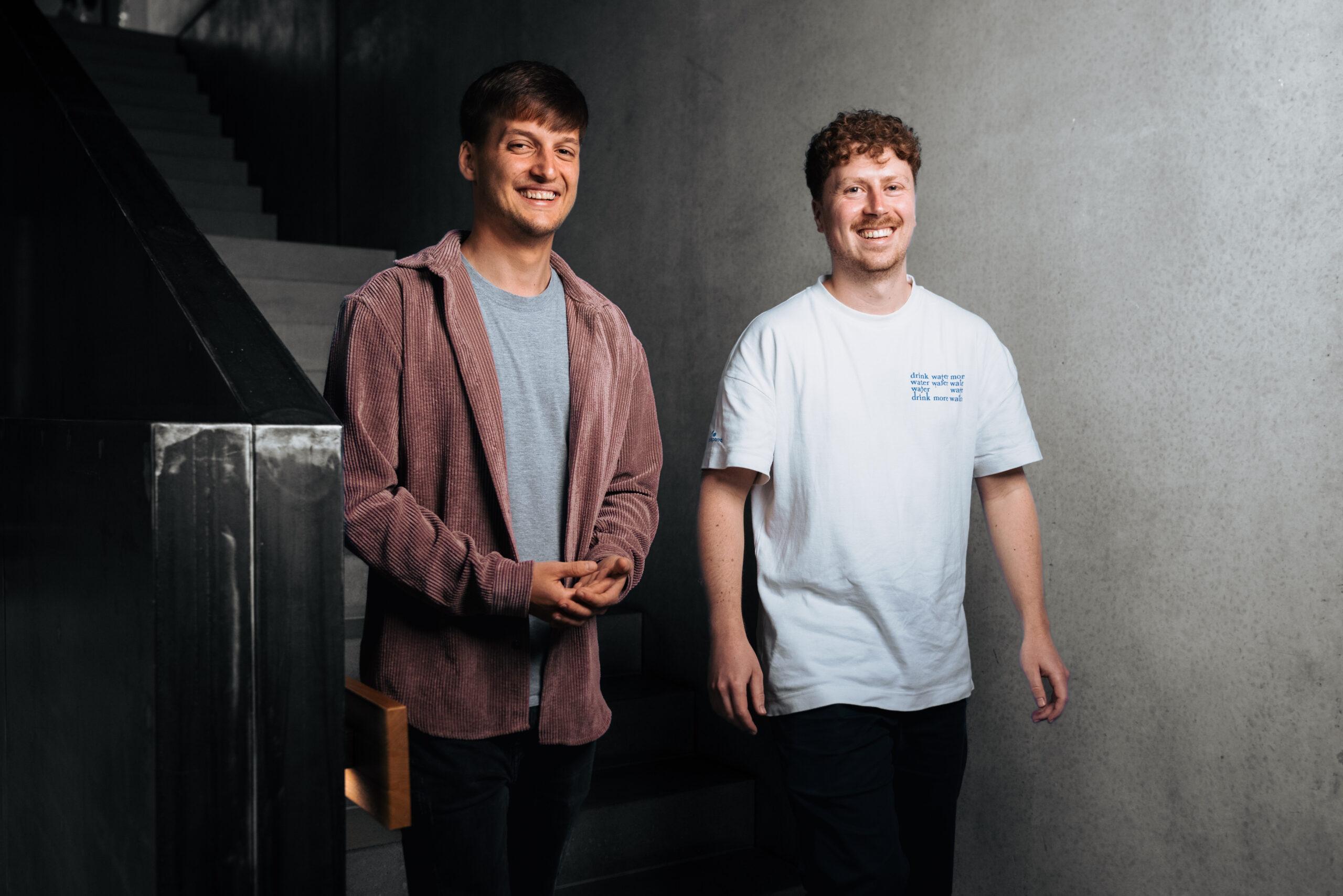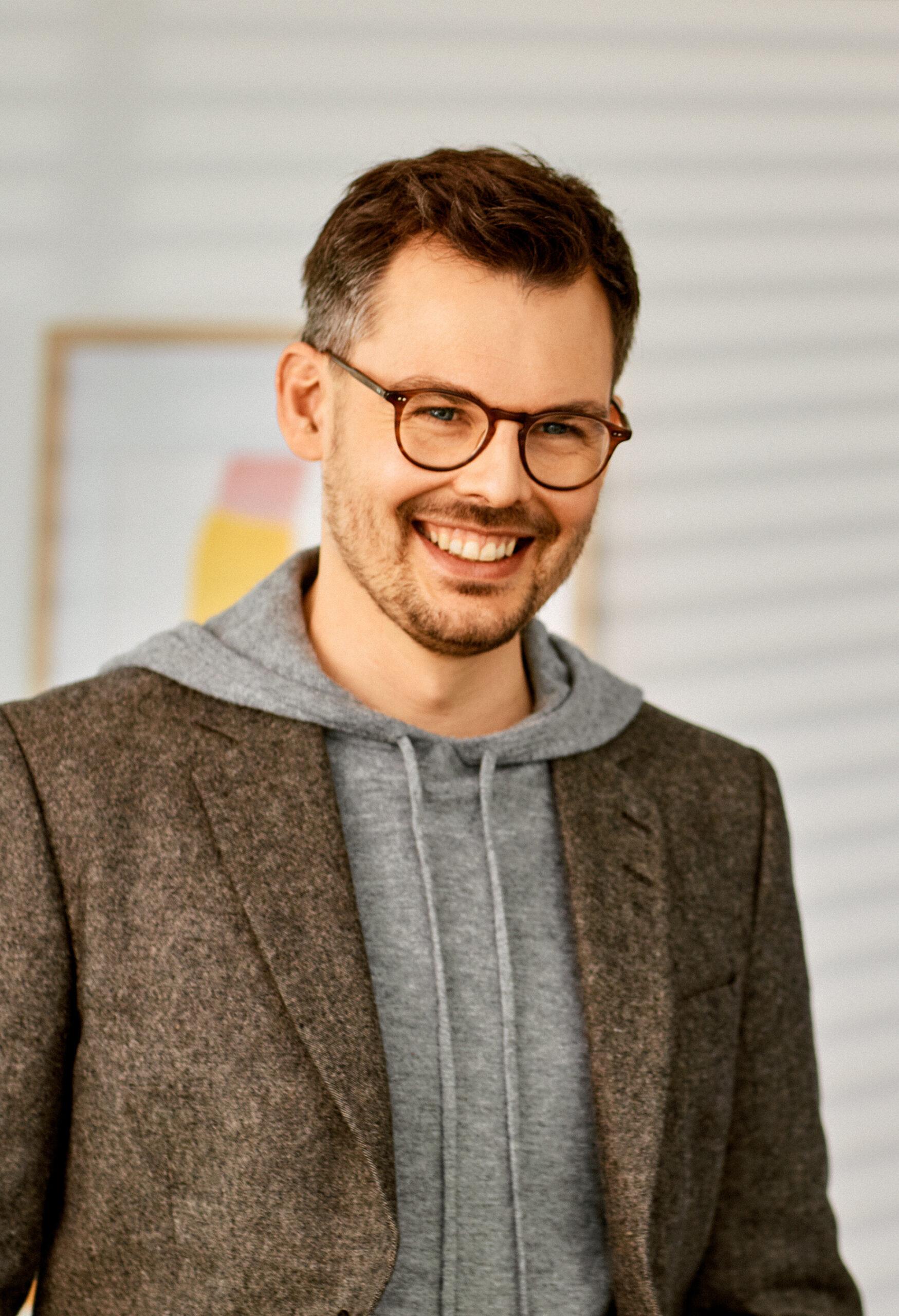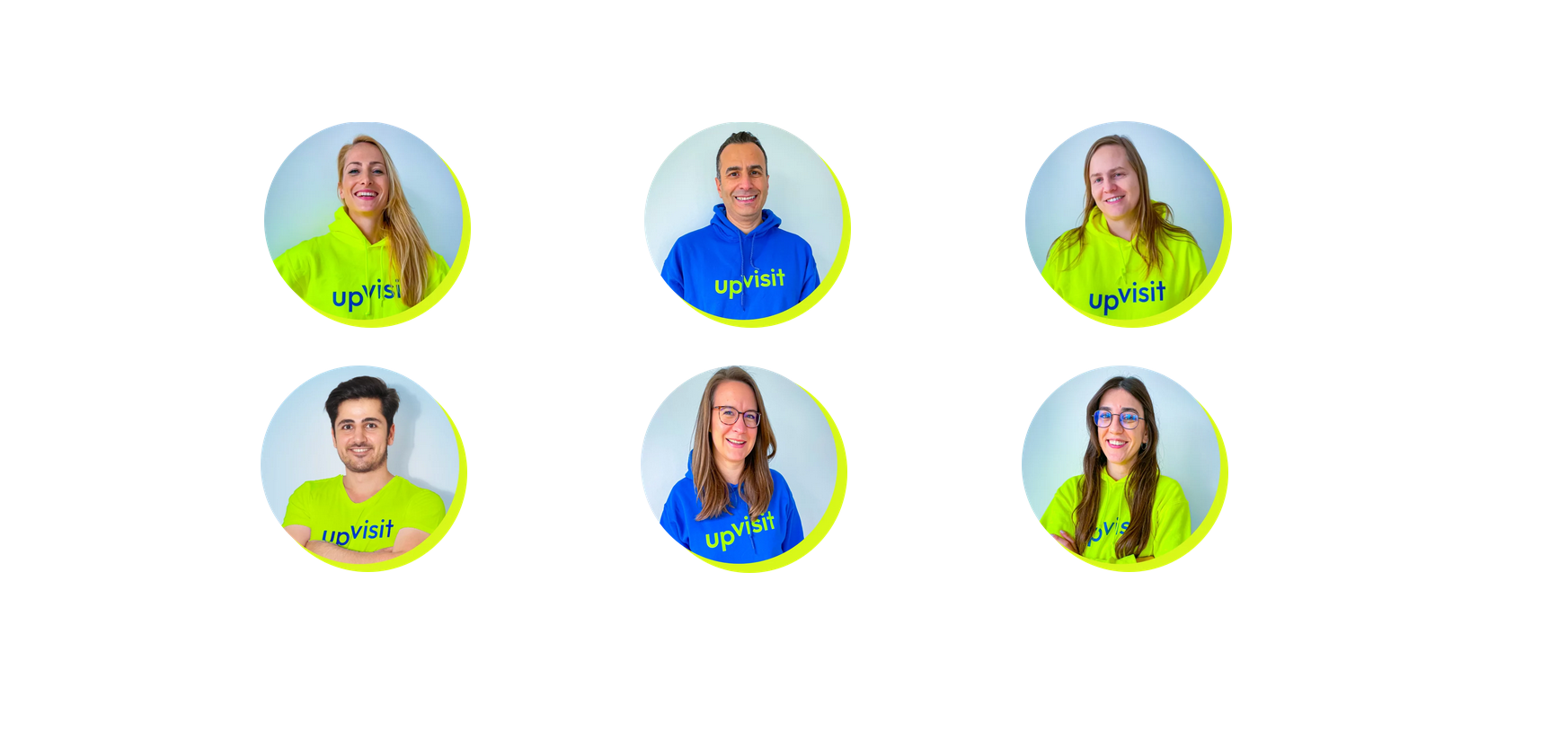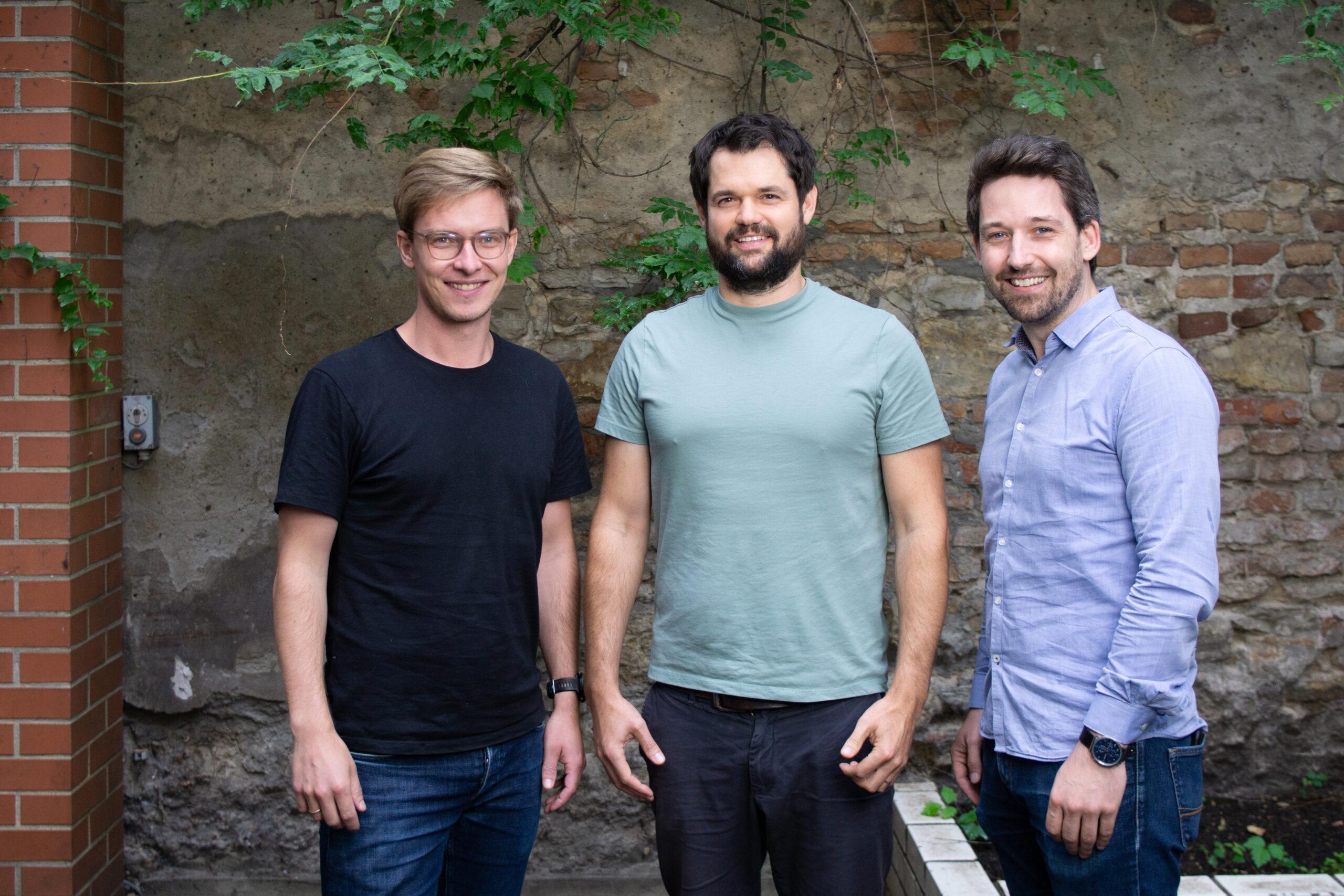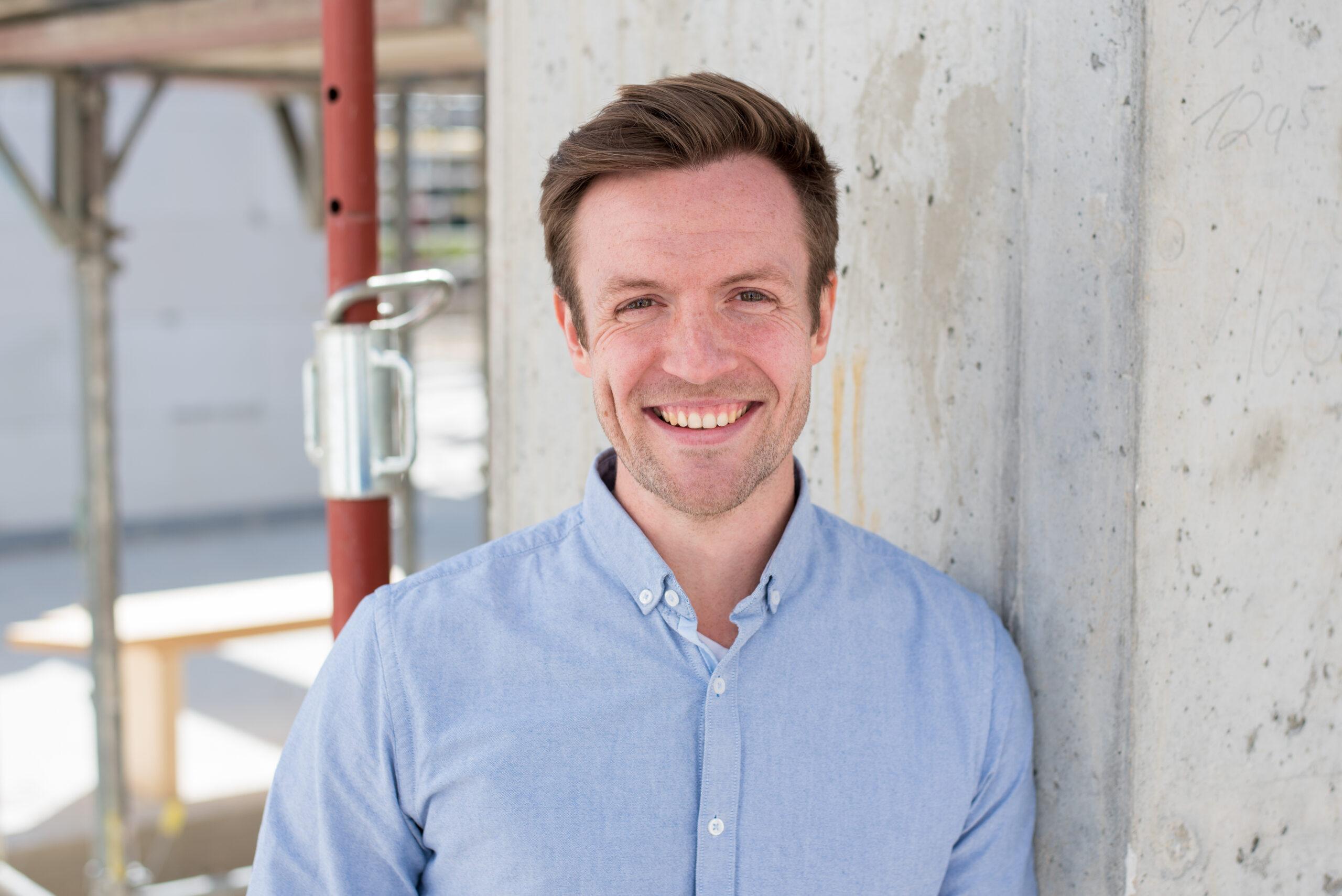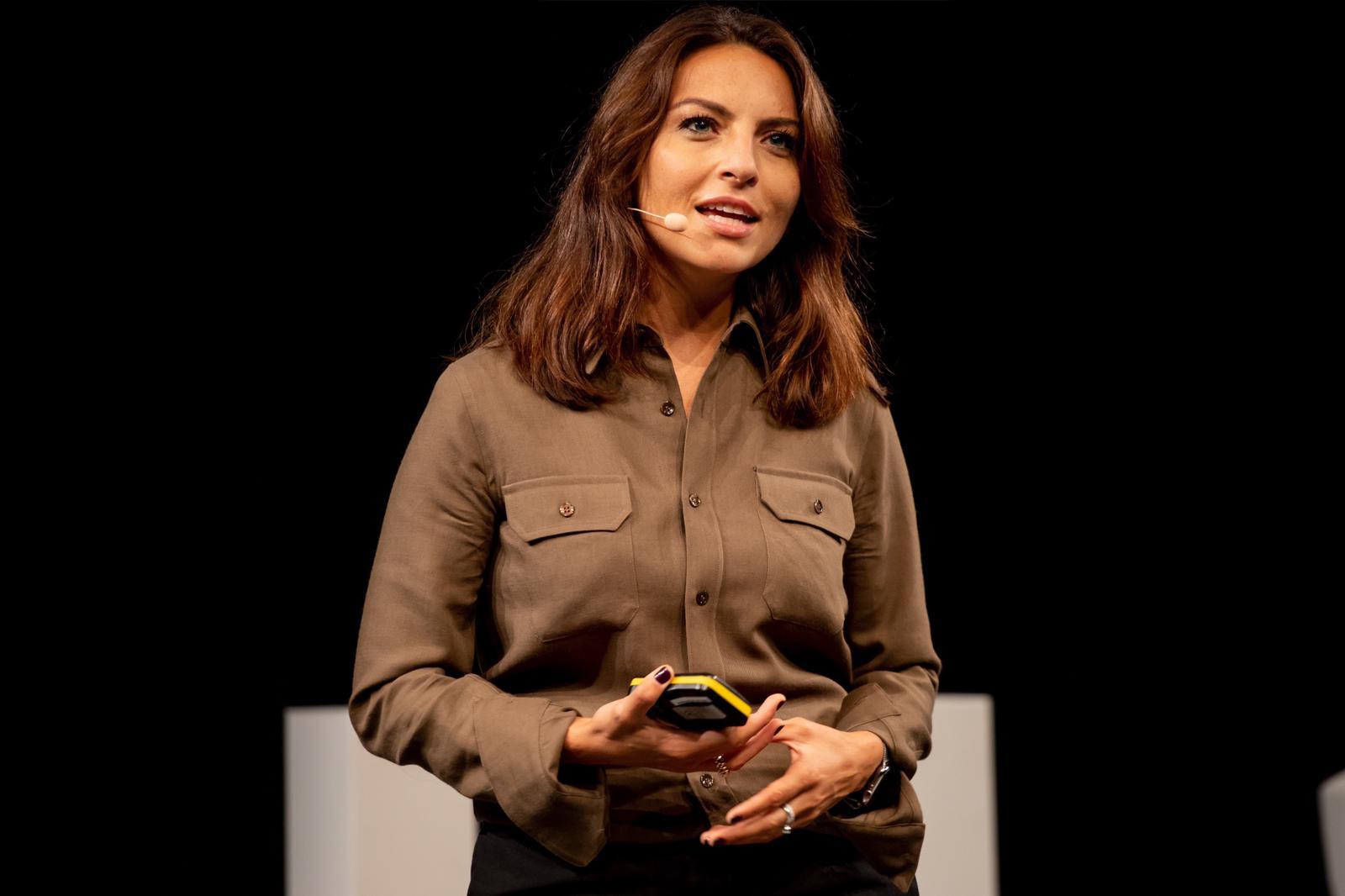How a start-up from Aachen wants to change intensive care medicine
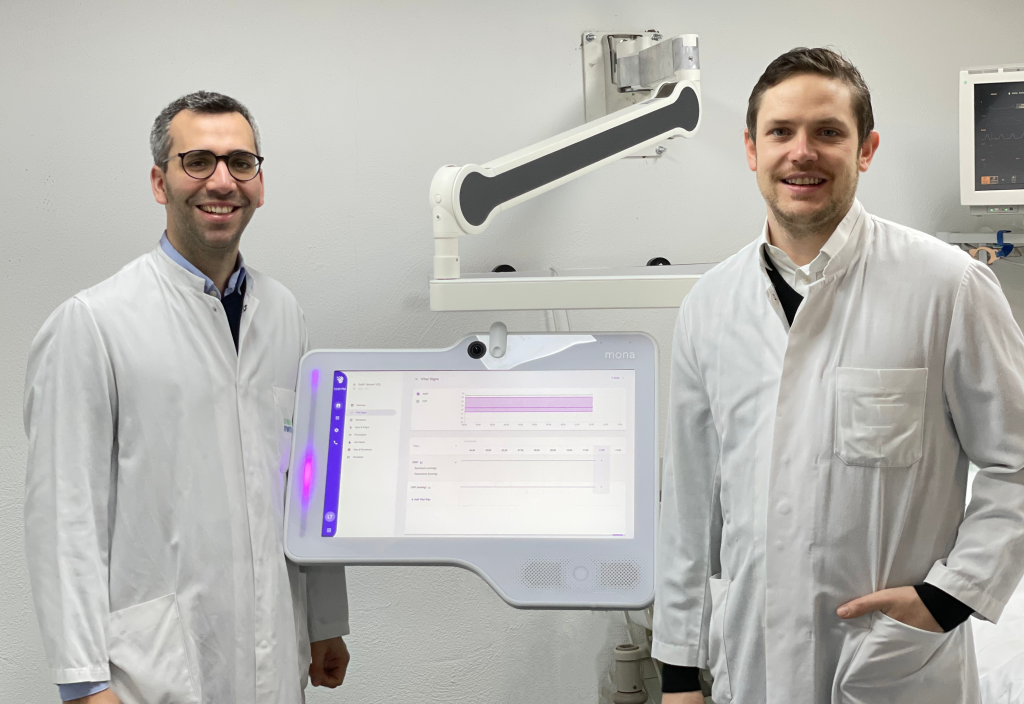
Clinomic has developed Mona, an AI designed to support doctors. The coronavirus pandemic has given the young company a major boost.
Mona does not leave the patient's side, can see them at any time and when doctors throw questions about vital signs at her, she immediately trumpets the current situation in the patient's body.
There's no mistaking that Mona is not a human helper, but a digital one. Founded in 2019, the start-up Clinomic from Aachen has developed the artificially intelligent assistant over the past few years and brought it to market. What started out as a small spin-off from RWTH Aachen University is now a well-established company with around 50 employees and an eight-figure sum in funding that the company has raised. Most recently, a further seven million euros were added.
The original idea is relatively simple: doctors are much smarter today than they used to be because they have more data - but are also overwhelmed by the flood of information. As a rule, the dozens of machines produce around 1,000 data points per hour for an intensive care patient, which is almost impossible for a doctor to keep track of, says Arne Peine, one of the six founders. "Today, doctors write down the most important data by hand so that they are always up to date. That's crazy and takes a lot of time."
"Today, doctors write down the most important data by hand so that they are up to date. That's crazy and takes a lot of time"
Arne Peine, co-founder of Clinomic
Mona, the heart of Clinomics, is intended to put an end to this madness, according to the vision. The digital assistant looks like an oversized tablet hanging from a swivel arm, with a display at the front, eight microphones and various speakers. It also has a 180-degree camera, a 5G antenna, AI chips and a touch display.
Mona collects the data from the machines around it, processes it and uses algorithms to calculate how the individual values are likely to develop over the coming hours. If she calculates that a value will become important in eight hours, she tells the doctor. An algorithm decides which values are really important and picks them out for the doctor. If the doctor wants to make a note of something, they can dictate it to Mona. "Clipboards are still standard in many hospitals, but they are no longer up to date. Mona is changing that," says co-founder Peine.
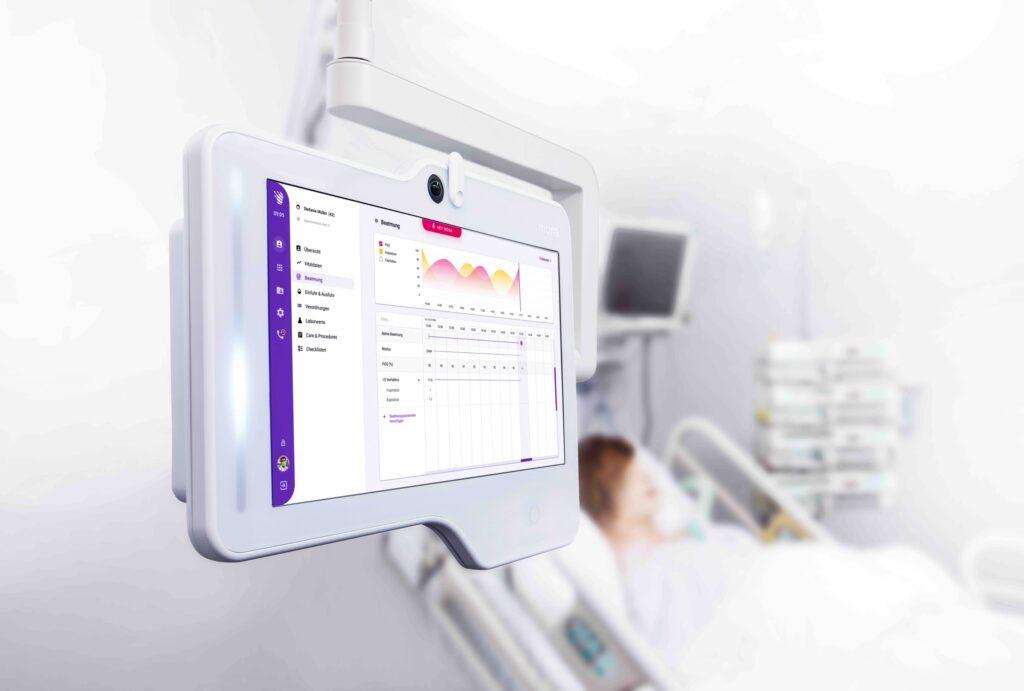
Peine himself is a trained intensive care physician, so he knows the needs of local doctors. He and his five co-founders took the plunge into self-employment in 2019. Initially, they sat together in a room in Aachen that was far too small; their startup was financed by the public sector and the European Union. The founders later raised additional money, which made it possible to put their device into series production. "The first machines here were assembled by five engineers with a screwdriver, now everything is much more professional," says Arne Peine.
"The first machines here were assembled by five engineers with a screwdriver, it's all much more professional now"
Arne Peine, co-founder of Clinomic
This is also reflected in the latest order, which comes directly from the European Union. They are to deliver 200 devices to eight countries to help fight the pandemic. Mona will be used to monitor patients, but will also provide telemedical support to professionals. This means that doctors who are not on site can look at intensive care patients, view their data and thus help with decision-making. Hospitals far away from large cities or even on islands do not always have the necessary staff on site, says Peine. When the coronavirus pandemic broke out, the EU Commission got together with Clinomic and commissioned them to deliver Mona to remote regions such as the island of Madeira off the coast of Portugal. In general, demand for Mona rose sharply during the coronavirus crisis, with hundreds of devices being ordered. "We could hardly keep up with deliveries," says Peine.
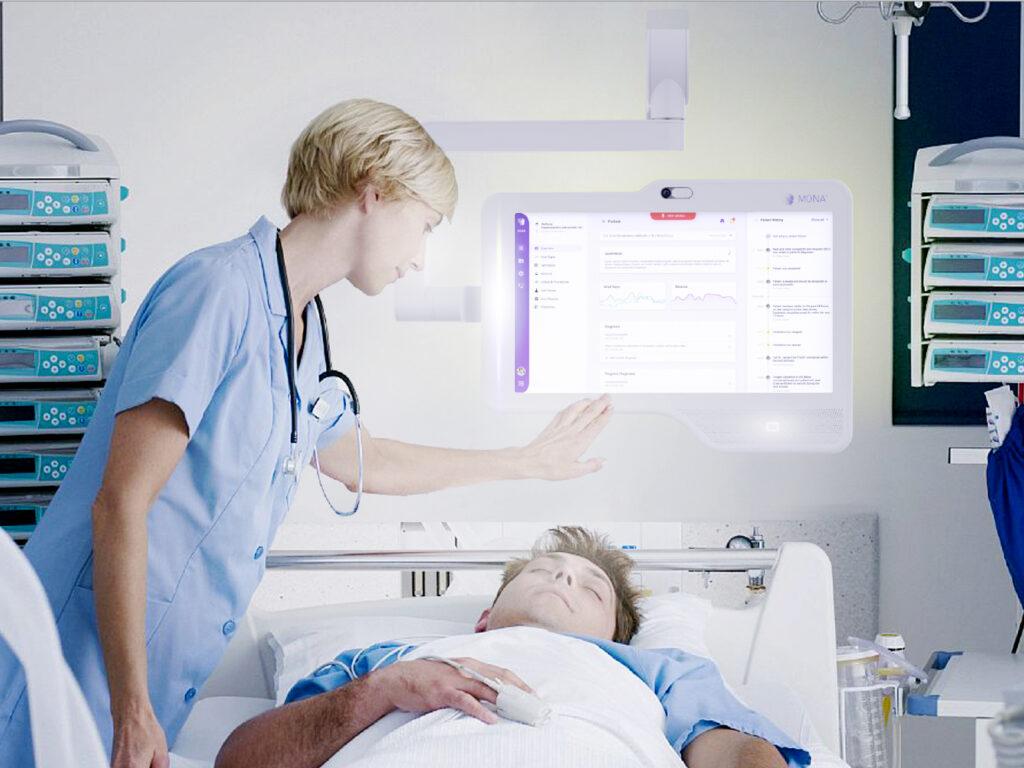
In addition to the everyday challenges of any start-up, Clinomic operates in a highly sensitive area, one that invades patients' privacy and therefore requires a great deal of protection. Hospitals have already been hacked in the past, and data has been blocked or read out. This must never happen to Clinomic, which uses the 180-degree camera at Mona to record patients, among other things. "We have therefore completely abandoned the idea of a cloud. It makes everything more complicated, but there's no other way," says Peine.
What he means is that speech recognition, for example, could be improved much faster in the cloud and other computing capacities could also be accessed. Instead, Mona and its data only move within the hospital walls and have no connection to the outside world. "This is how we ensure that no one can hack in from outside," says Peine.
Incidentally, Mona is not intended to replace the doctor. Peine emphasizes that Mona will always remain a recommendation system, not one that makes decisions or dispenses medication on its own. Mona, as Clinomic boss Peine makes clear, will only make the doctor more effective.

Newsletter
Startups, stories and stats from the German startup ecosystem straight to your inbox. Subscribe with 2 clicks. Noice.
LinkedIn ConnectFYI: English edition available
Hello my friend, have you been stranded on the German edition of Startbase? At least your browser tells us, that you do not speak German - so maybe you would like to switch to the English edition instead?
FYI: Deutsche Edition verfügbar
Hallo mein Freund, du befindest dich auf der Englischen Edition der Startbase und laut deinem Browser sprichst du eigentlich auch Deutsch. Magst du die Sprache wechseln?




